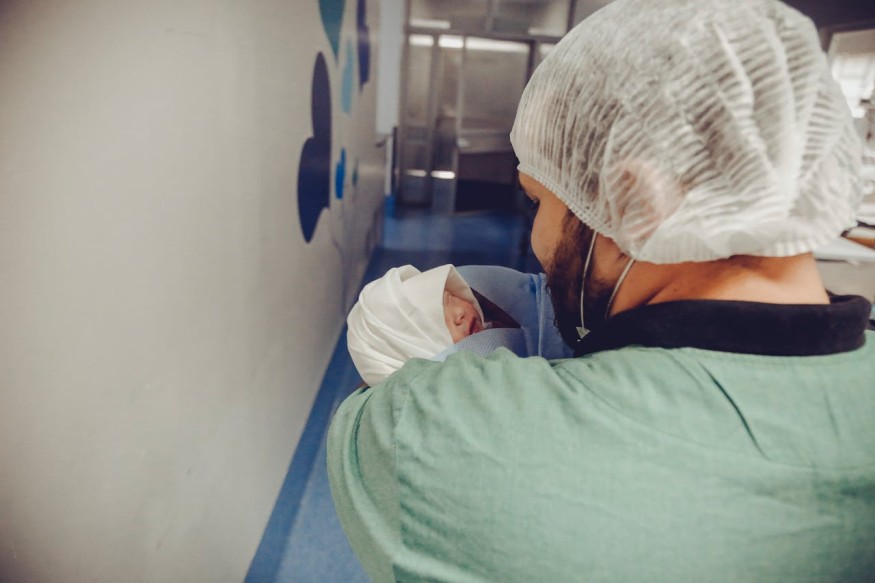
A study has shown that parent-infant skin-to-skin contact during the first few hours following a premature birth could help with the development of the child's social skills.
Caring For Premature Babies
When it comes to premature babies, current practice involves placing them inside an incubator to stabilize them and keep them warm. As part of the IPISTOSS (immediate parent-infant skin-to-skin study), 91 premature babies who were born at 28 weeks to 33 weeks were randomized. They were either given traditional incubator care or were granted immediate body contact with a parent.
This study led to several findings that reveal that having immediate body contact is safe for babies and good for their temperature maintenance and cardiorespiratory stabilization.
Skin-to-Skin Contact For Premature Babies
As part of this study, scientists have also looked into the social development of 71 of these premature babies at four months old. The babies were assigned randomly to get typical incubator care or to be cared for by resting over the breasts of one parent for the first six hours following their birth. The entire study was detailed as a secondary analysis of the IPISTOSS, entitled "Skin-to-skin Contact at Birth for Very Preterm Infants and Mother-Infant Interaction Quality at 4 Months."
Midwife Wibke Jonas, an associate professor and senior lecturer from the Department of Women and Children's Health at Karolinska Institutet, explains that what is novel about the study is that they also allowed fathers to have body contact right after the birth of the baby. In the majority of earlier studies, it was the mother who was considered the primary caregiver. However, in this study, the fathers were the ones with the most contact.
When four months had passed, two psychologists looked into the social interaction between the infant and the mother. They captured and assessed these interactions. The two psychologists did not know which baby had immediate body contact and which baby did not.
Interaction quality was then gauged through the PCERA (Parent-Child Early Relational Assessment) scale. Babies that had immediate body contact exhibited better results in a specific subscale that gauged the social and communicative skills of the baby.
Wibke Jonas explains that infants that belonged to the body contact group were a bit happier, more social, and had communication skills that were slightly better.
Jonas explains that mixing prompt medical care with simple interventions like body contact could affect the social skills of these premature babies. Earlier studies have found that premature babies have a slightly poorer performance when it comes to social interactions. For instance, they do not display clear signals when interacting with their own mothers. Hence, the closeness between the parents and babies at birth could stimulate the interaction that follows and, thus, the infant's development.
The authors think that skin-to-skin contact should be introduced to neonatal care in Sweden, as the benefits are quite clear. They also say that this is currently underway.
The researchers will keep on reporting the infants' development at 24 and 12 months.
RELATED ARTICLE : Autism Risk High in Premature Babies; Researchers Present Link Between the Condition and Different Degrees of Prematurity
Check out more news and information on Medicine & Health in Science Times.












